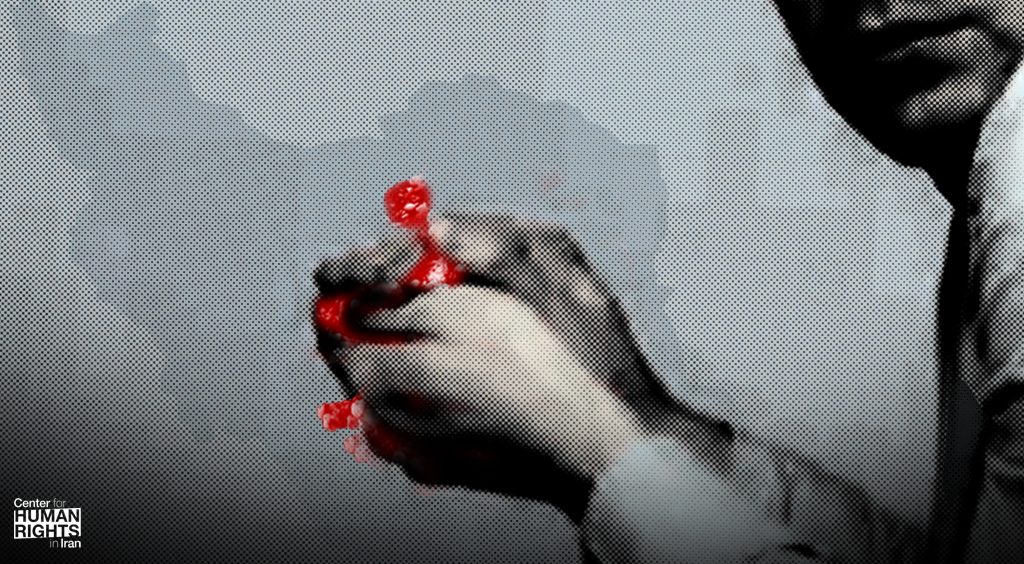Coronavirus in Iran: Health Experts Question Officially Reported Infection Numbers

Grave Concerns Mounting Amid Rising Death Toll, Fears of Regional Outbreak
February 26, 2020 — Amid a rising death toll in Iran from the COVID-19 coronavirus strain, public health experts are suggesting that the number of infections in the country is significantly higher than those officially reported by the Iranian government.
“[Iranian authorities] don’t want to admit that they’re facing a major outbreak,” said public health expert Kamiar Alaei in an interview with the Center for Human Rights in Iran (CHRI) on February 26, 2020.
Alaei noted that the Iranian health care system has the capacity and infrastructure to counter a coronavirus outbreak, but state officials had not rapidly and effectively mobilized their resources “due to political concerns.”
“Because they hid the outbreak in Iran, health guidelines were not promptly updated, and healthcare workers were not trained on how to deal with; nobody was prepared or ready for it,” said Alaei, who helped develop harm reduction programs in Iran that were focused on HIV/AIDS prevention and other infectious diseases.
An Iranian health ministry spokesman announced on February 26, 2020, that 19 people had died from COVID-19 and 139 had tested positive with it. But an earlier statement by a lawmaker in the city of Qom, where the outbreak is believed to have started, claimed that 50 people had died from it as of February 13.
However, a group of Toronto-based scientists and doctors suggested that the actual number of infections could be closer to 18,000. Their preliminary epidemiological study was published online on February 24.
“Given the low volumes of air travel to countries with identified cases of COVID-19 with origin in Iran (such as Canada), it is likely that Iran is currently experiencing a COVID-19 epidemic of significant size,” noted the study published by the medRXiv website, an online archive and distribution server that prints preliminary, non-peer-reviewed studies related to the medical, clinical, and related health sciences.
“A large epidemic in Iran could further fuel global dissemination of COVID-19,” said the study.
Officials’ Delayed Acknowledgments Left Healthcare Workers Misinformed, Vulnerable
In the interview with CHRI, Alaei, who left Iran after both he and his brother were detained under trumped-up charges without due process, suggested that the reason Iran’s mortality rate from COVID-19 is higher than the global average is that the government has not yet reported the country’s actual number of infections.
“After several weeks of denials, Iran began reporting its first few cases of coronavirus, but those were deaths, not infections, and definitely those who died had been infected for a while, which means a greater population could have been infected with milder symptoms,” he said.
Alaei added that Iranian officials may have initially suppressed news of the outbreak because they didn’t want to dissuade people from attending the recent revolutionary anniversary celebrations or from going to the polls to vote in the parliamentary elections.
“This disabled the healthcare system and left healthcare workers misinformed about what they’re supposed to do,” he said.
Iranian officials have denied reports that healthcare workers have died from COVID-19, including one report about Narjes Khanalizade, a 25-year-old nurse in the city of Lahijan, Gilan Province, who officials claimed died from influenza.
CHRI has meanwhile been informed by a credible source that two doctors have died from the COVID-19 in a hospital in Tehran. But the deaths have not been officially announced and their colleagues have been warned by unidentified state agents to refrain from publicizing the news, according to the source who requested anonymity for security reasons.
Growing doubts over the government’s ability to stop the virus from spreading have meanwhile been compounded by repeated instances of state officials concealing information from the public about issues of national concern such as the Revolutionary Guards’ accidental downing of a passenger jet, as well as by government officials tasked with countering the virus testing positive for it themselves.
“The Iranian health system is very well established, it has good infrastructure, good human resources, well-trained doctors and health workers,” Alaei told CHRI.
“But how can they be expected to do their job right if they’re not properly informed and mobilized due to the government’s political concerns?” he asked.






